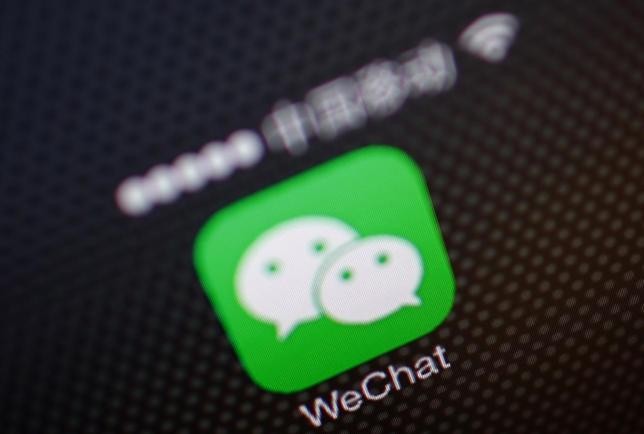WeChat, the social networking app that connects over half a billion users via mobile messaging, is set to launch a separate application for business clients, as reported by China Daily.
Named "Qiye Weixin," which is English for "Enterprise WeChat," the app is undergoing beta testing. It is expected to hit the market in the next few months.
WeChat, which is owned by Tencent Holdings Ltd., released a statement on Thursday that said that the business messaging service is specifically being designed for work-related communication.
"With WeChat being widely adopted in everyday life, more people have been discussing work-related subjects on WeChat with colleagues when they are off-work," said Tencent's statement.
"While some enjoy it, some others find it a burden because WeChat mixes up their personal life and work," said the company.
It added that the new app should help people better practice work-life balance.
According to analysts, this is Tencent's latest move to tap into China's trillion-yuan business software service market.
Ji Yanhang, with Analysis International, said that with the growing number of individual users that has already exceeded 650 million, WeChat is eager to expand its market business users.
"Several companies have already jumped into the enterprise instant messaging market, because they find it as an important gateway to access clients, who may be interested in digitalizing their entire business operational process, not only communication, but also human resources management and enterprise resources planning," said Ji.
Tencent already introduced its first business-used instant messaging tool RTX back in 2003. In 2014, it added business-related functions, including enterprise accounts, within WeChat, to better help employers connect and collaborate with their teams.
However, when it comes to launching a separate app for businesses, rival Alibaba Group Holding Ltd. beat them to it with DingTalk, which was released in Feb. 2015. The app targets small and medium-sized businesses, gaining more than 1 million business users, according to Alibaba's latest financial report released at the end of January.
Still, Ji believes that WeChat, with its ruling position and the business messaging app market still in its infancy, can catch up with Alibaba.
"Even if WeChat can only turn a small part of its individual users into its enterprise service users, that would make a decent market share," said Ji.



























